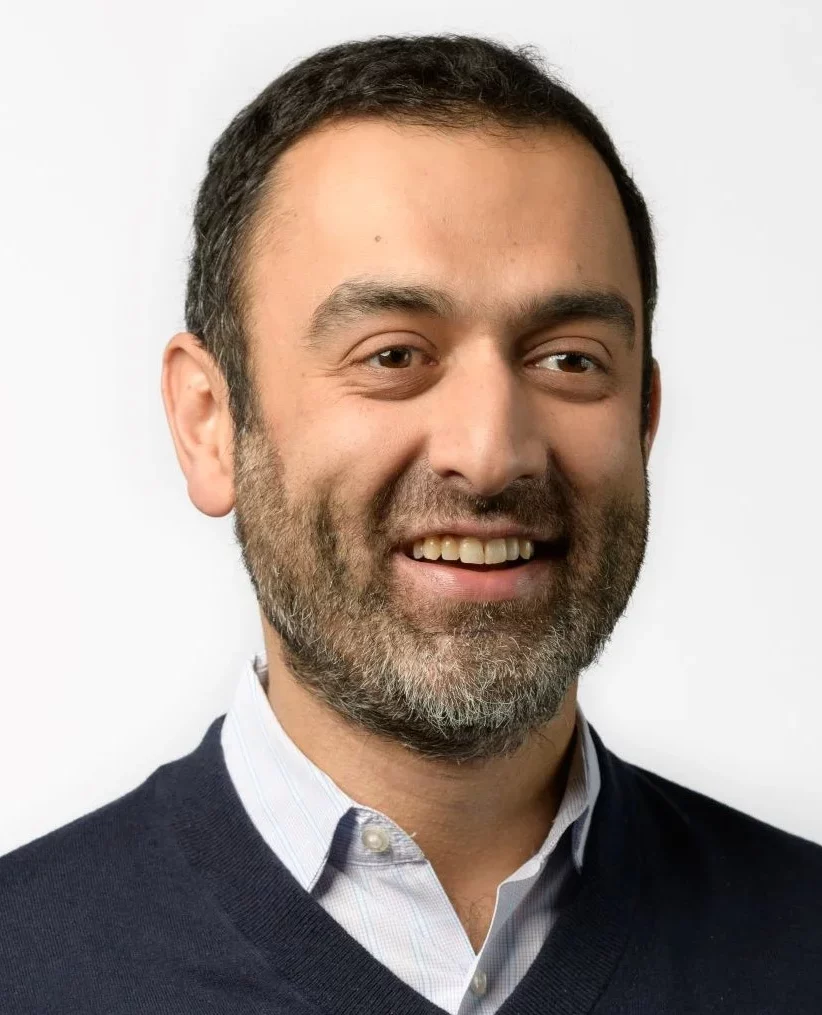BridgeBio said Tuesday night it won’t move forward with a gene therapy for a group of genetic disorders that impair adrenal glands and cause disruptions in producing cortisol.
 Neil Kumar
Neil KumarThe California biotech made the decision because Phase 1/2 data were “not yet transformational,” CEO Neil Kumar said in a company-issued statement. BridgeBio’s subsidiary Adrenas Therapeutics was testing the AAV5 gene therapy, dubbed BBP-631, in adults with classic congenital adrenal hyperplasia, or CAH.
With the move, BridgeBio will lower its gene therapy budget by $50 million, dealing another blow to the field, which has struggled with high-profile negative readouts, a major dip in investor interest, and falling interest from some pharma giants. BridgeBio was working with biomanufacturer National Resilience to produce the candidate and other gene therapies in its pipeline.
BridgeBio is now “actively seeking partnership opportunities” for the gene therapy or potential follow-up candidates for the genetic disease, it said Tuesday. The company said CAH impacts about 75,000 people in the US and EU.
A BridgeBio spokesperson said the decision will lead to a workforce reduction at the company’s gene therapy unit in North Carolina. The spokesperson declined to disclose how many staffers were impacted.
The drugmaker said trial investigators will continue monitoring the eight patients who enrolled in the study, which began in 2021. There were no reports of treatment-related serious adverse events, BridgeBio said.
Much of BridgeBio’s focus currently is on preparing for a potential approval of its ATTR-CM drug acoramidis, which is up for an FDA decision date of Nov. 29. In recent months, the company has offloaded certain chunks of its pipeline to an oncology-focused spinout and rare disease assets to another new venture, called GondolaBio.
“The Adrenas Therapeutics team acknowledges that this is disappointing news,” the subsidiary wrote in a Sept. 10 post on its website. “We are assured that our combined efforts during the past six years have contributed to improved understanding and greater hope for what is possible for people living with CAH.”
 Brian Stephenson
Brian StephensonThe gene therapy delivered a functional copy of the 21-hydroxylase gene through a one-time IV infusion. The company said it hoped the treatment would help CAH patients produce their own cortisol and aldosterone so that they no longer needed daily glucocorticoid and mineralocorticoid doses, or at least limit the number of doses needed.
Going forward, BridgeBio is “reserving gene therapy for priority targets that we cannot treat any other way,” according to a statement from CFO Brian Stephenson.
That means focusing on a different gene therapy for a rare inherited disorder known as Canavan disease, which leads to progressive destruction of nerve cells and neurodevelopmental delays. Stephenson said the company is “eager to work closely with the FDA and the Canavan community” on getting the treatment to patients. BridgeBio’s subsidiary Aspa Therapeutics is testing the therapy, codenamed BBP-812, in a Phase 1/2 open-label study slated to wrap up in October 2026, according to a federal trials database.
Editor’s note: This story was updated to include information on a workforce reduction from a BridgeBio spokesperson.